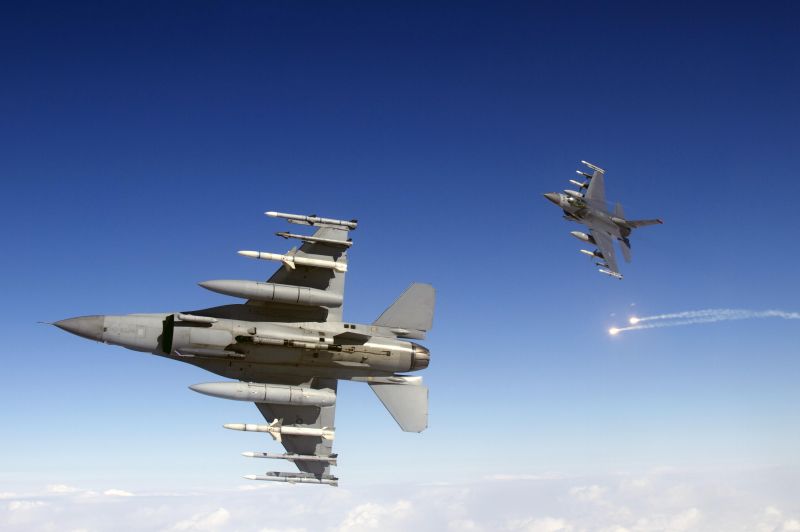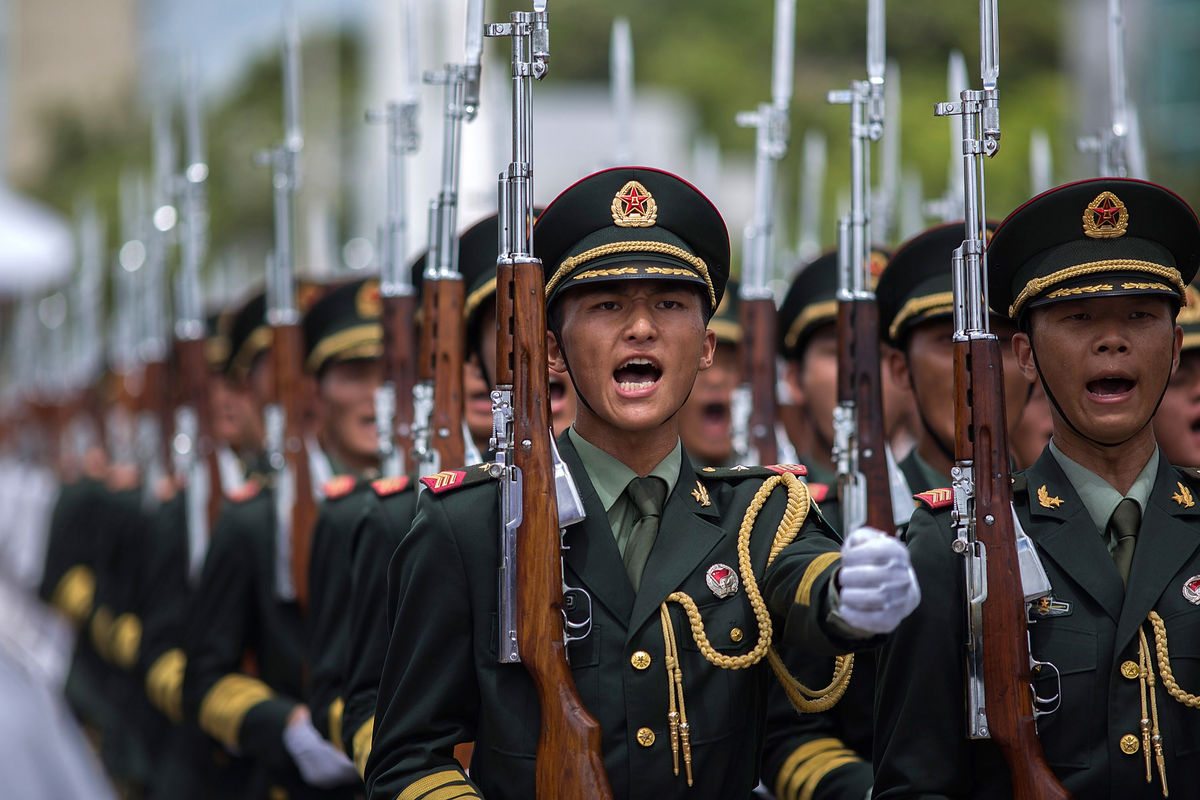US fighter planes have arrived in the Philippines for a training mission and operations to ensure access to the disputed South China Sea, the US Navy said Thursday.
The Philippines’ longtime ally deployed the aircraft to train Filipino pilots as Manila remains locked in an increasingly tense maritime dispute with Beijing.
The US Navy made a veiled reference to so-called freedom of navigation operations in which Washington sends a ship or plane to pass by a Chinese-claimed island to reject its claims of sovereignty.
“Growler aircraft will support routine operations that enhance regional maritime domain awareness and assure access to the air and maritime domains in accordance with international law,” the US Navy said in a statement, referring to the EA-18G Growler airborne electronic attack planes.
Manila has been improving its defence ties with the United States, its former colonial ruler, to help boost its ability to defend its territory.
The Philippines hosts the temporary detachment at the former US airbase of Clark, a two-hour drive north of Manila.
The American detachment is composed of four aircraft and about 120 personnel, coming over a month after annual war games with the Philippines.
The US deployed similar detachments throughout the Asia-Pacific for exercises with other allies, according to the statement.
Philippine Air Force spokesman Colonel Araus Robert Musico told AFP the mission was not directed toward any country but would boost the capacity of one of Asia’s weakest armed forces.
“The advantage to us is we can interoperate with US troops. We’ve also done a lot of missions for humanitarian assistance and disaster relief, how to respond when there’s a disaster in open seas,” he said.
In April, the United States said it launched joint South China Sea patrols with the Philippines as China builds artificial islands in the disputed waters to press its claim over the territory.
The Philippines is awaiting a ruling from a UN-backed tribunal against China’s claim to most of the South China Sea.
Taiwan, Brunei, Malaysia and Vietnam also have competing claims to parts of the sea, a key waterway for global commerce.











